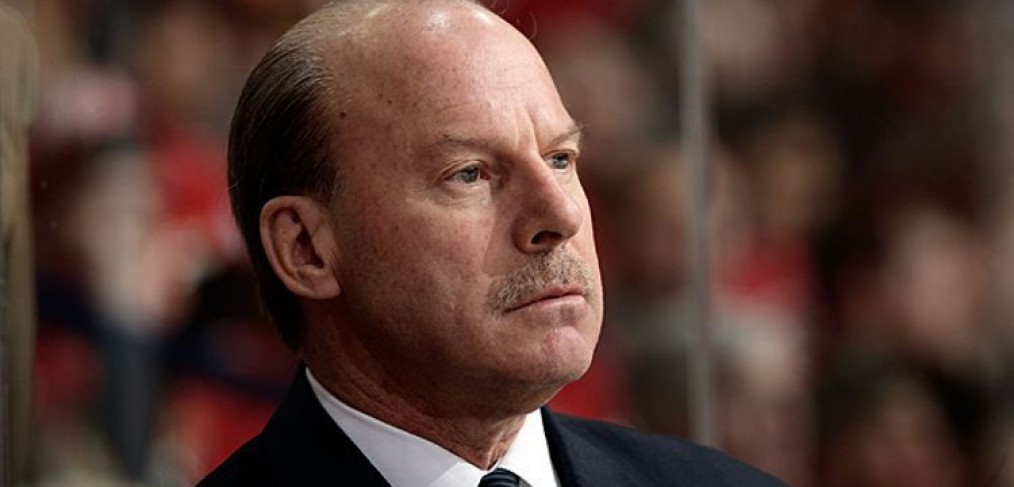I did a series of podcasts last year discussing the different phases of the expatriation cycle. Give them a listen on Limitless Laowai with Ally Mona at:
https://itunes.apple.com/ca/podcast/limitless-laowai-expat-life/id946367163?mt=2
Episode #248 – Why go international: Understanding the perks of living abroad
There are expats in every country around the world. But why? What’s the real draw? In this podcast, I talk about four benefits:
- A global mindset is a necessary skill
- An international assignment will set you apart
- Immeasurable personal growth
- Lifestyle and financial benefits
Episode #249 – Future expat beware: Four things you need to consider before taking that assignment
Living abroad … there’s nothing quite like it! And yet, not every expat is effective overseas. What if there was a roadmap that you could use ahead of your assignment that could help predict your chances of a successful, enjoyable and fulfilling expatriate experience? Think about these four considerations:
- Money should never be a driving force behind taking an international assignment
- Predict your probability of professional and personal success
- Your level of cultural dexterity
- Family commitments
Episode #250 – Think before you sign: How to assess an expat job offer and negotiate a package
So you’ve got an international assignment offer on the table. Congrats! Now what? Assessing the offer can be a tough process of discernment to wade through from your home country – especially if you don’t know the right questions to ask. You only get one chance to negotiate a contract, so consider:
- Clear understanding of the role
- Company due diligence
- Matching your individual style with the host culture
- Consider these contract terms
Episode #251 – Get noticed: Marketing yourself for an international assignment
How can you successfully market yourself for an international role? Where should you start?
- Targeting markets with specific needs
- Make yourself searchable globally
- Leveraging personal and professional networks
- Key points in an ideal profile
Episode #252 – Get your mind right: Four mindsets that set successful expats apart
There is a mindset that sets successful expats apart from those who fail – those who just don’t get into a good rhythm in life and work during their time abroad. What are the top four characteristics?
- Curiosity
- Humility
- Agility
- High EQ
Episode #253 – Repatriating well
Let’s just say it: Repatriation is hard than expatriation. You can’t rely on your organization to repatriate you well, so tune in to hear four tips for easing back home and making the repatriation process go as smoothly as possible, including:
- View repatriation as a new international assignment
- Change your frame of mind
- Seek an empathetic ear
- Work to the plan, not the timetable
Lawrence Chi is a coach for expatriates and cross-cultural consultant. His mission is to grow expatriates professionally and personally and to make organizations more international. Visit his website www.TheExpatCompass.com.



